Our outreach trip to Bolivia
Empowering change
Two weeks: ten therapeutic sessions to support Project Suma, a visit to brothels, a Freedom Business and a smaller family support centre, all led by a team of four from Jersey.
Our primary purpose was to serve Project Suma, based in El Alto, with a 5-day programme for 13 adolescent girls; a well-being session for 12 women on their Restoration Programme; join them for a night visit to the local brothels to reach out to the women working there; visit their Freedom Business SutiSana who offers employment to survivors; buy their ethical products; take part in a Survivor-led earring-making workshop; lead a 3-day retreat for 21 Project Suma Staff and finish the trip with a visit to Casa De Mi Padre, a smaller family support centre in La Paz, to meet its new manager and buy products made by some of the people they support.
The adolescent girls supported by Project Suma are daughters of sex-workers now being supported in their journey to transition out of the sex-trade, leaving violent relationships and abuse – emotional, physical and sexual. We led the five afternoon sessions in a space known to them, but established new boundaries – no interruptions from any staff and no photographs to be taken. We wanted to create a safe and trusting space for the group as quickly as possible. Attendance was unpredictable for this group, but half the group made all the sessions and engagement increased over the week. Connecting through playful activities and building a sense of community, as well as inviting individual self-expression, was effective. All artwork was contained safely within a large box each day, positive emotional qualities were explored and sought, and the theme of transformation resonated with many.
The opportunity to join a team from Project Suma for their outreach into the brothels one evening was important cultural contextualisation for our work. Half the team met women who had been in the trade many years, some who may only be able to charge $3 per customer ($2 then goes to the owner, $1 to take home), then the other half of the team met the youngest women, one having only been there 3 days trying to pay off the debts of her Architecture Degree. The strategy of the visit was to engage anyone waiting for work and inform them of the Drop-in Centre at Project Suma and the medical, psychological or financial support that might be helpful. Each conversation was finished by offering a gift of earrings of the woman’s choice, as a demonstration of their value.
The retreat session with 12 women from the Restoration Programme was poignant following the visit to the brothels. Each woman was wrestling with identity and worth, many exploring their journey spiritually, finding hope in faith. We gave them space to create themselves as a garden through collage and then invited them to take an imaginary walk in that garden, praying and reflecting to find meaning and insight. They engaged with commitment and emotion, feeding back with gratitude and joy.
The morning we visited SutiSana, Project Suma’s Freedom Business, we were taught to make earrings by artisans who are survivors of trafficking and exploitation. Their model is to equip and empower the previously powerless to become mentors, teachers and then one day owners of the business. The atmosphere was of pride and confidence and the quality of the products is outstanding. One artisan remembered fondly and with gratitude the Kairos workshop she had attended in 2018 – using the creative arts has been a significant part of her healing journey. The staff retreat focussed on well-being for a relatively new team who are holding difficult stories and significant trauma. We offered therapeutic arts activities to help them self-regulate their emotions with bi-lateral drawing, clay, music and movement; explore non-verbal processing through journalling; create opportunities for ‘kairos moments’ that would refresh and revision their work;
and give time to create a symbolic container that represented themselves, considering what boundaries or strengthening it might require. All the strategies, spiritual exercises or tools that we introduced to them were useful for self-care, as well as equipping them to support others. Our final stop was to visit Casa De Mi Padre, a smaller family support centre in a poor area of La Paz. Previously, in 2018, one of our therapeutic arts programmes had included young people from here, and so it was good to establish relationships with the new manager, meet some of the children, a mother and a grandmother all supported by the project. We were able to financially support their work through purchasing products.
Our fortnight exceeded our expectations. The team were able to give away many skills and facilitate self-discoveries for staff and survivors alike. The work was equipping, empowering and envisioning, and partnerships have been deepened and established for potential future collaboration. One young woman reflected: “Like a butterfly can be at different steps or moments, that is the same with us, and I know that it can take time to leave the cocoon and then fly. I love each moment with you and the joy I can see in you.”











